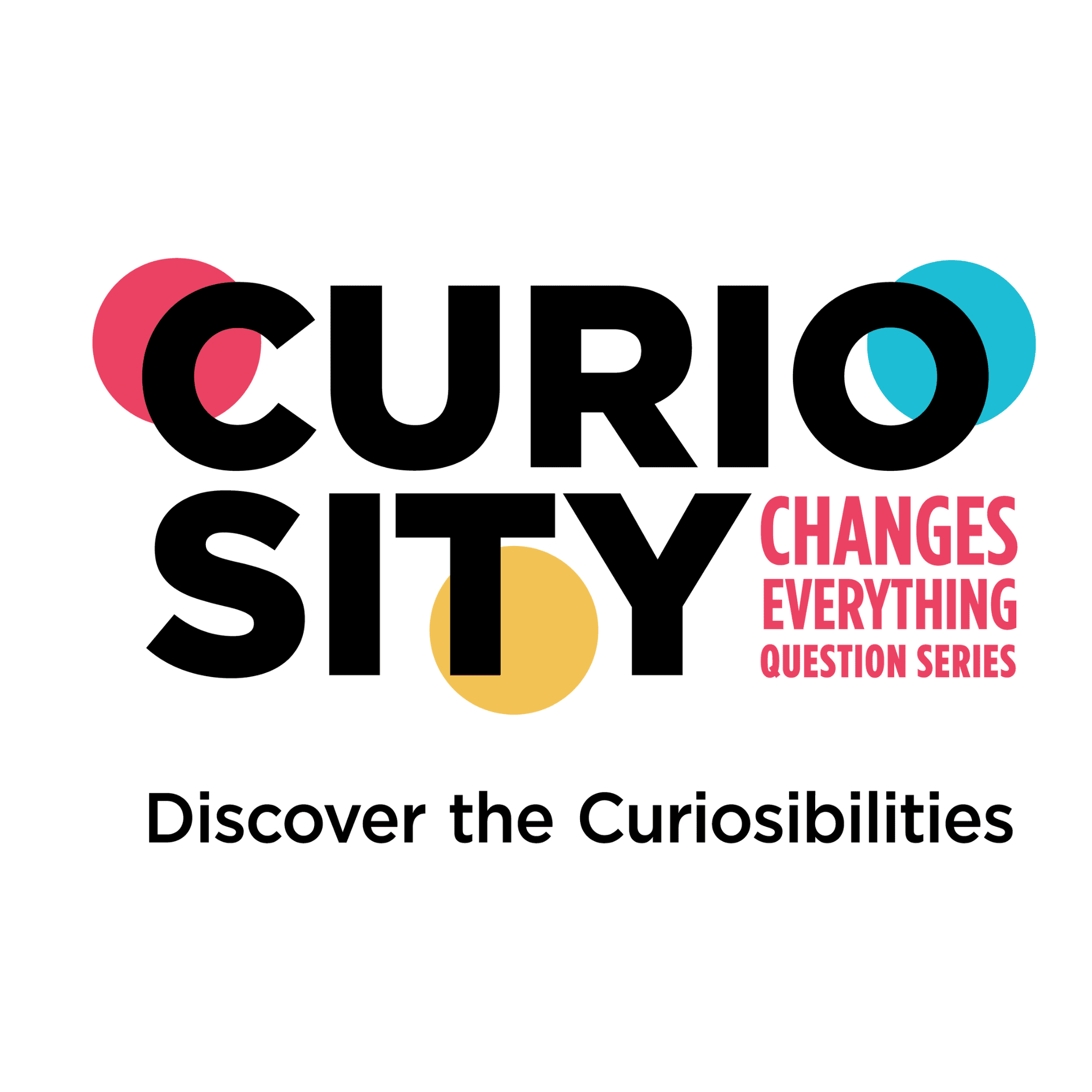Episode 4: Desiree Adaway & Todd Kashdan on Empathy in Organizational Culture
category: Communication
What's on your mind when you think of empathy's role in organizational culture?
We're not gonna lie, we like this question. It combines two of our favourite things — one of our Seven Essential Questions and an important leadership trait. This fourth episode features Todd Kashdan & Desiree Adaway again.
Full Transcript
Desiree Adaway:
I am a racial equity practitioner, and empathy is a core leadership skill for me. If we want to make real change in our companies, if we really want to be actively anti-racist, empathy has to be a part of the skill sets that we value within organizations and that we reward.
Once people are aware of the problem, whatever that problem is, and its underlying causes, the next question is really a question that comes from Dr. Robert Livingston from Harvard. Dr. Livingston asked the question is, "Do we care enough about the people being harmed to do something about it? Do we care enough about the people being harmed by the issue to do something about it?"
When we realize that we may have a pay inequity issue within our organization, do we care enough about the folks being harmed to get that data, do the work, and implement change? So there's a difference between sympathy and empathy. And I think when we are thinking about issues of equity, racial equity, there are a lot of folks who experience sympathy and pity, especially when they're witnessing something like racism.
But what's more likely that leads to action, which is what Dr. Livingston teaches, is it is confronting the problem with empathy. Experiencing that deep same hurt that people of colour may be feeling. Because when we're thinking about issues of inequity, folks want solidarity. They want justice, not sympathy. And empathy is what helps us build deep right relationships with each other.
Todd Kashdan:
I worry because empathy is about understanding and reflecting on other people's emotional states, thought processes, and their background and history. If we think about empathy as an asset, it leads us to choose people that are similar to us.
Because those similar people, similar in terms of negative life events, positive life events, demographics, types of friends, types of work experiences you've had, it's easier to empathize with people that are similar to you. And much harder for people that are different from you.
So what I would say is, I view empathy as a less important asset than the combination of getting perspectives of people that aren't like you, or that are similar to you. And then having compassion for people, irrespective of how similar or dissimilar people's perspectives are.
And if we can have more concerted, intentional effort to get people's perspectives, to have a sense of wonder about people who have completely different histories, completely different expectations and aspirations, then you can truly unlock the benefits of diversity.
